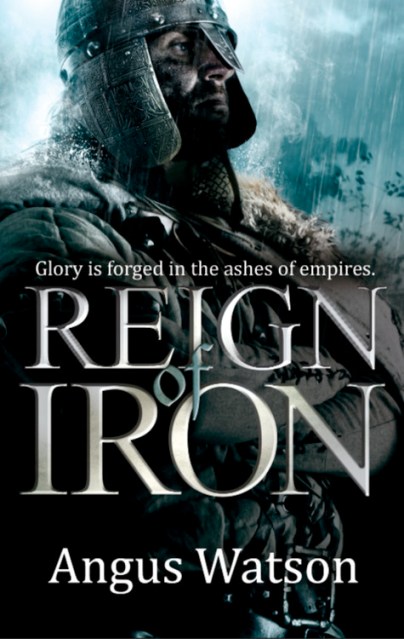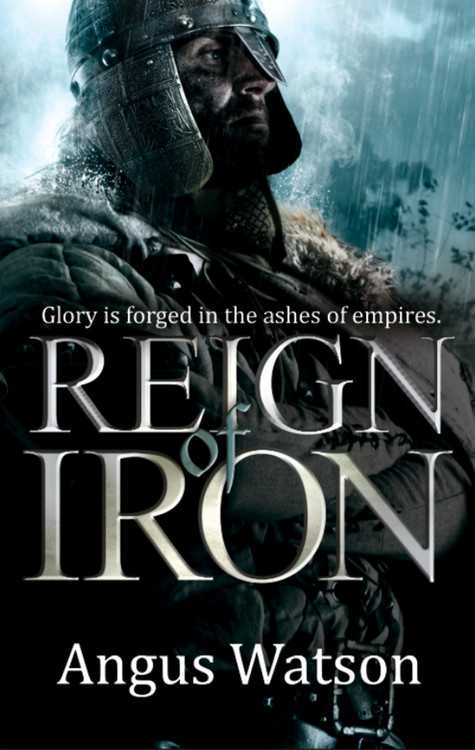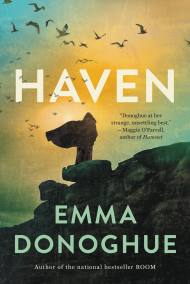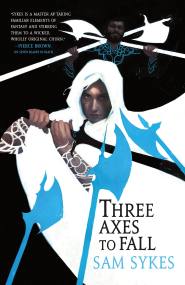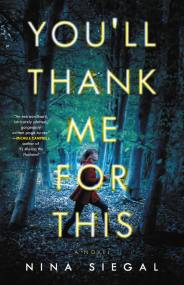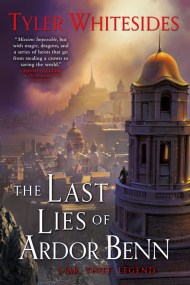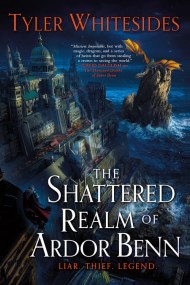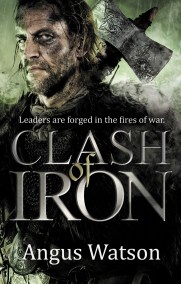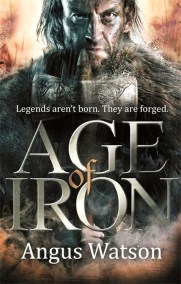Promotion
Use code MOM24 for 20% off site wide + free shipping over $45
Reign of Iron
Contributors
By Angus Watson
Formats and Prices
Price
$25.99Price
$33.99 CADFormat
Format:
- Trade Paperback $25.99 $33.99 CAD
- ebook $9.99 $12.99 CAD
- Audiobook Download (Unabridged)
This item is a preorder. Your payment method will be charged immediately, and the product is expected to ship on or around September 29, 2015. This date is subject to change due to shipping delays beyond our control.
Also available from:
Caesar’s soldiers have murdered, massacred and pillaged their way through Gaul and loom on the far side of the sea, ready to descend upon Britain — with them are an unstoppable legion of men twisted by dark magic. Somehow Queen Lowa must repel the invasion, although her best general is dead and her young druid powerless. She faces impossible odds, but when the alternative is death or slavery, a warrior queen will do whatever it takes to save her people.
EVERY EMPIRE HAS ITS DOWNFALL.
Genre:
-
"Watson's tale is gore soaked and profanity laden -- full of visceral combat and earthy humor, and laced with subtle magic."Publishers Weekly on Age of Iron
- On Sale
- Sep 29, 2015
- Page Count
- 560 pages
- Publisher
- Orbit
- ISBN-13
- 9780316399814
Newsletter Signup
By clicking ‘Sign Up,’ I acknowledge that I have read and agree to Hachette Book Group’s Privacy Policy and Terms of Use
